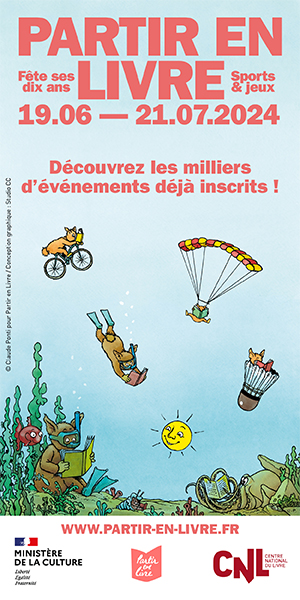Indigenization of Language in the African Francophone Novel
Extraits
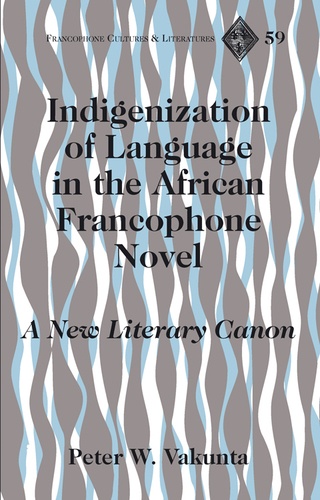
Littérature érotique et sentim
Indigenization of Language in the African Francophone Novel
12/2010
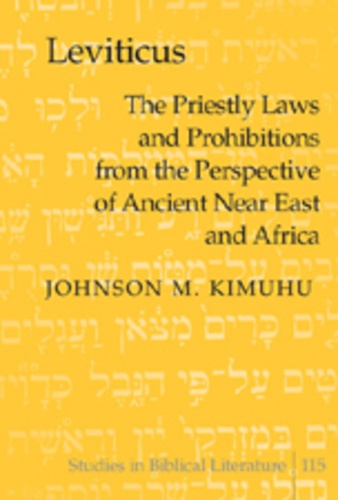
Religion
Leviticus
02/2008
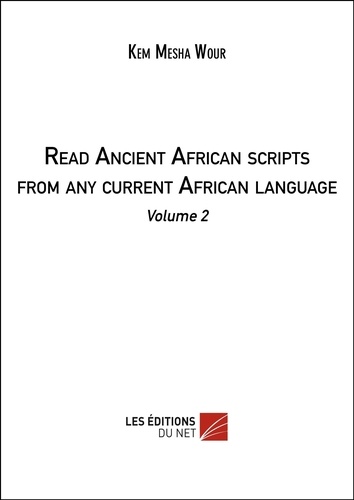
Non classé
Read Ancient African scripts from any current African language. Volume 2
05/2020
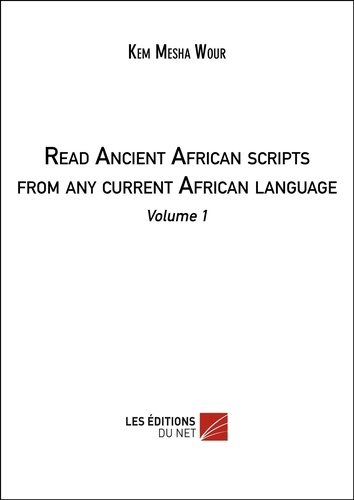
Non classé
Read Ancient African scripts from any current African language. Volume 1
05/2020
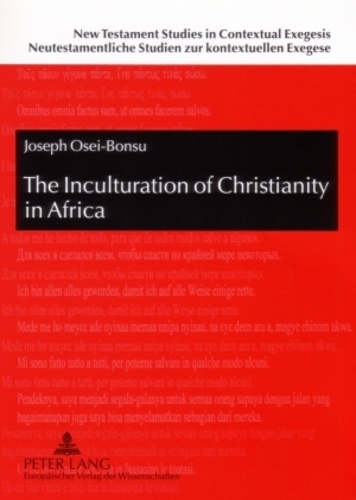
Non classé
The Inculturation of Christianity in Africa
10/2005
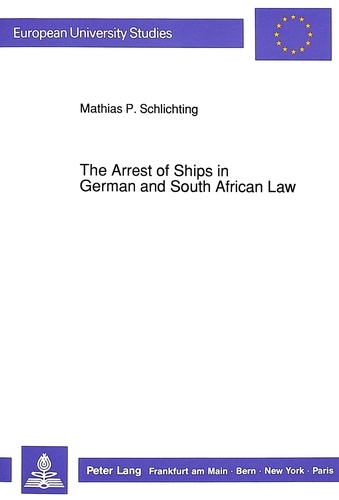
Non classé
The Arrest of Ships in German and South African Law
03/1991
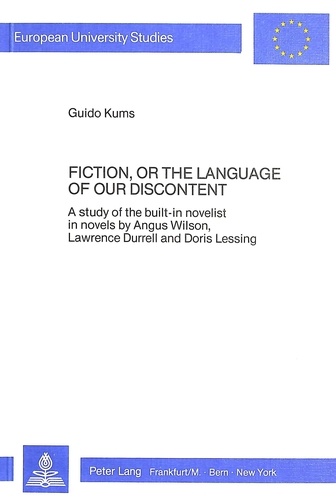
Non classé
Fiction, or the language of our discontent
12/1985
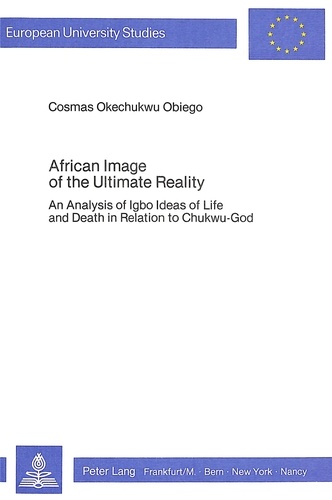
Non classé
African Image of the Ultimate Reality
12/1984
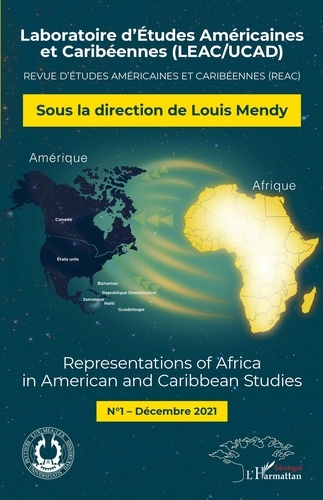
Sociologie
Representations of Africa in American and Caribbean Studies N° 1 Dédembre 2021. 1
02/2022
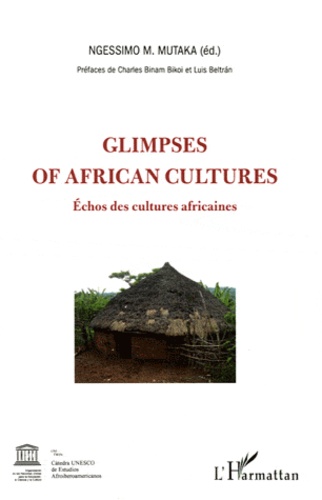
Ethnologie
Glimpses of african cultures. Echos des cultures africaines, Edition bilingue français-anglais
04/2011
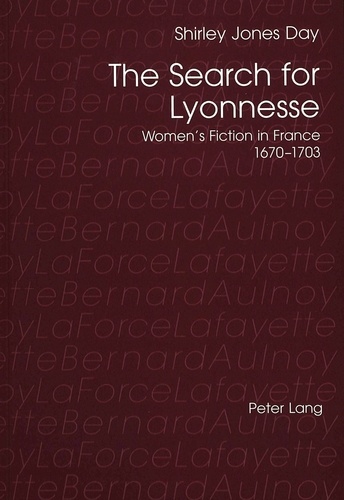
Non classé
The Search for Lyonnesse
07/1999
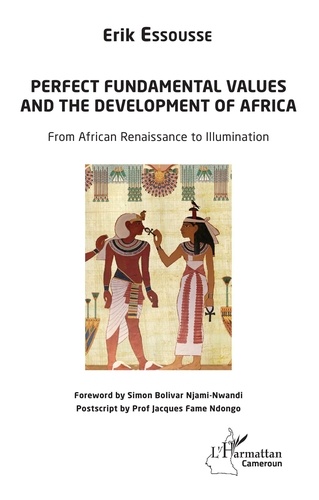
Histoire internationale
Perfect fundamental values and the development of Africa. From African Renaissance to Illumination
02/2020
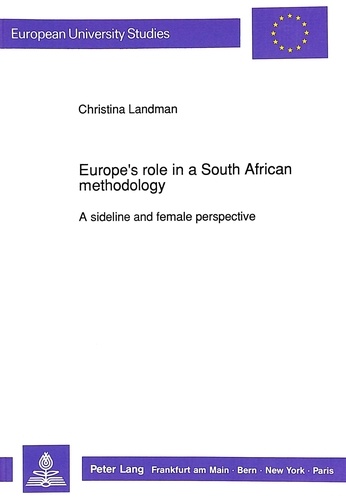
Droit
Europe's Role in a South African Methodology
12/1991
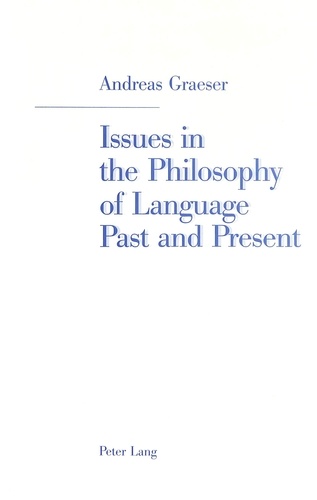
Philosophie
Issues in the Philosophy of Language Past and Present
11/1999
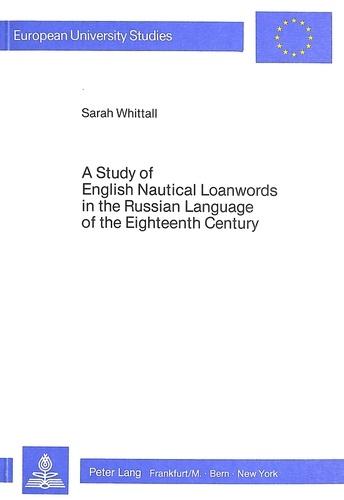
Non classé
A Study of English Nautical Loanwords in the Russian Language of the Eighteenth Century
12/1985
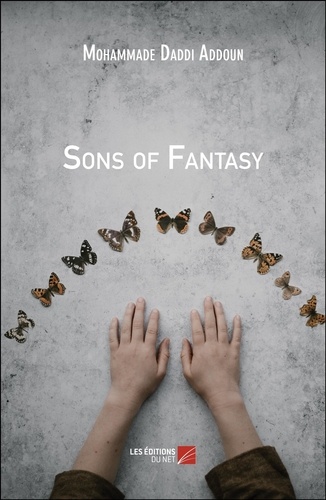
Littérature française
Sons of Fantasy
08/2018
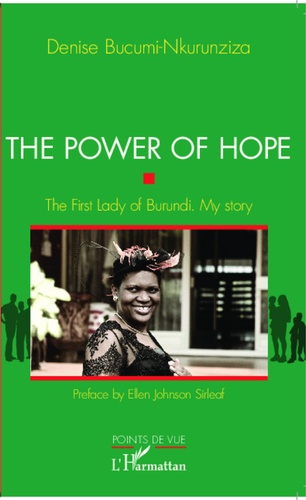
Histoire internationale
The power of hope. The First Lady of Burundi. My story
07/2013
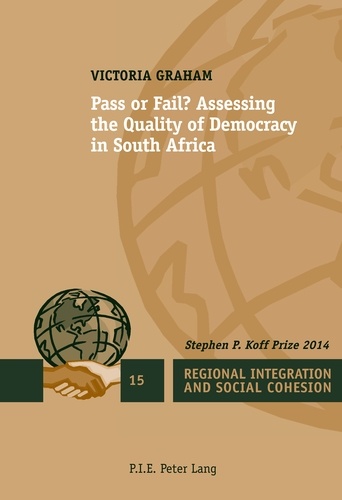
Sciences politiques
Pass or Fail?. Assessing the Quality of Democracy in South Africa
09/1991
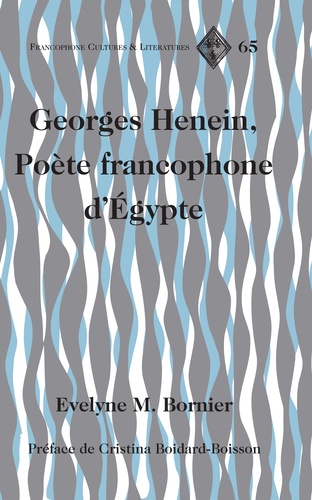
Littérature française
Georges Henein, Poète francophone d’Égypte. Préface de Cristina Boidard-Boisson
12/1984
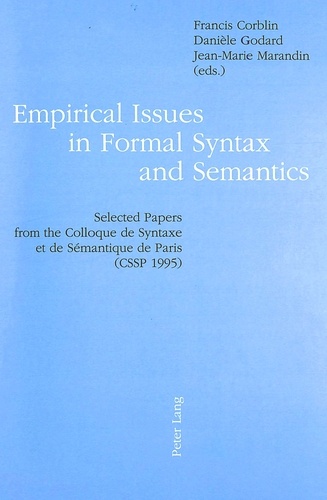
Non classé
Empirical Issues in Formal Syntax and Semantics
10/1997
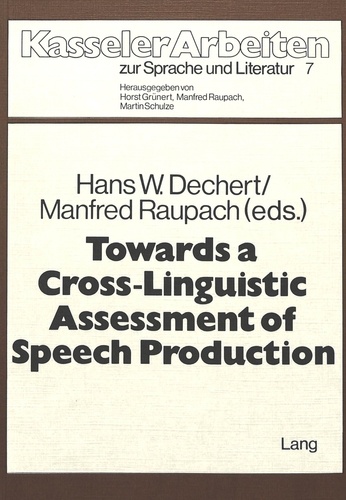
Non classé
Towards a Cross-Linguisitic Assessment of Speech Production
12/1980
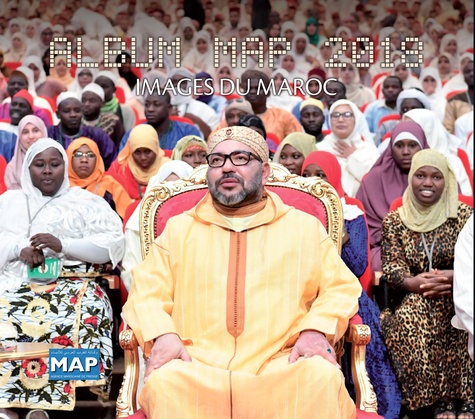
Tourisme étranger
Album MAP 2018. Images du Maroc
02/2019
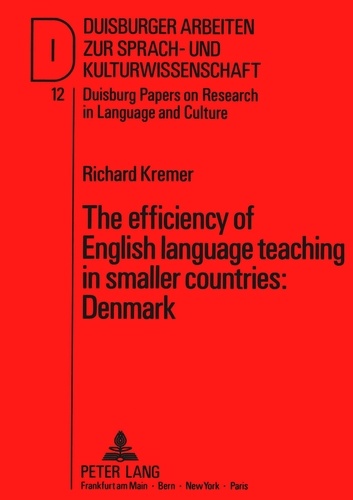
Non classé
The efficiency of English language teaching in smaller countries: Denmark
01/1992
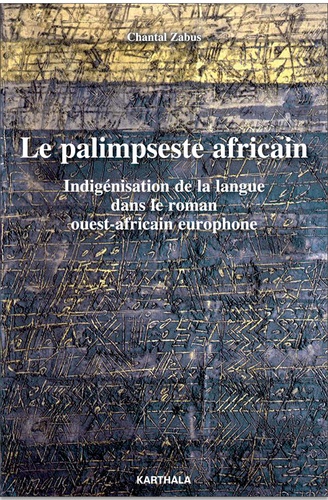
Critique littéraire
Le palimpseste africain. Indigénisation de la langue dans le roman ouest-africain europhone
10/2018
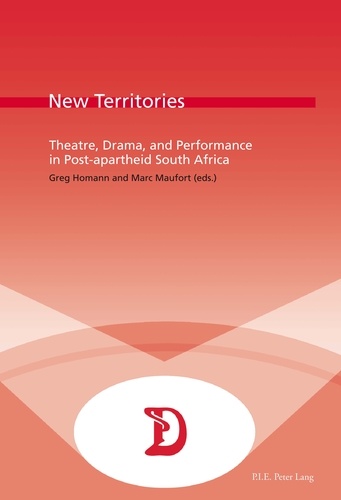
Théâtre
New Territories. Theatre, Drama, and Performance in Post-apartheid South Africa
11/1987
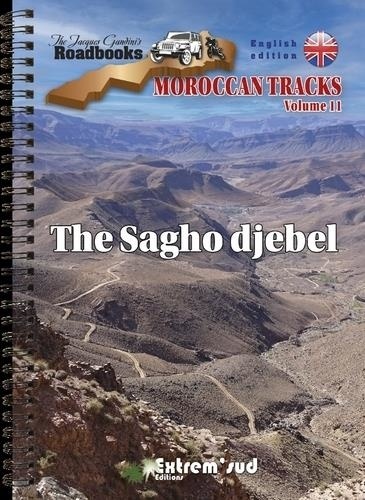
Tourisme étranger
Moroccan tracks Volume 11. The sagho djebel
08/2022
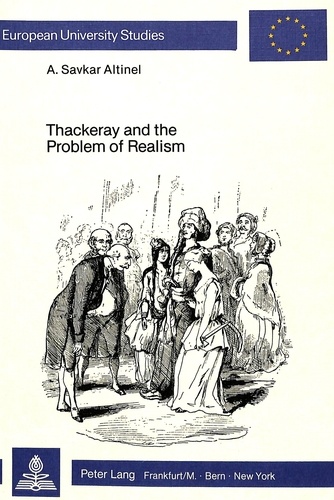
Non classé
Thackeray and the Problem of Realism
12/1986
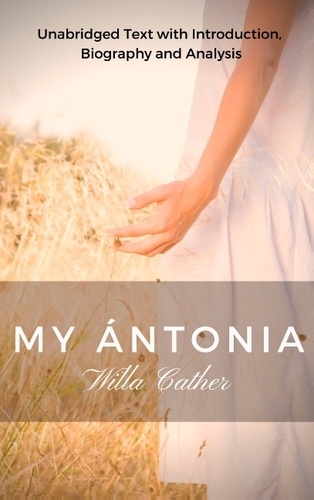
Littérature française
Willa Cather my Antonia. Unabridged Text with Introduction, Biography and Analysis
05/2017
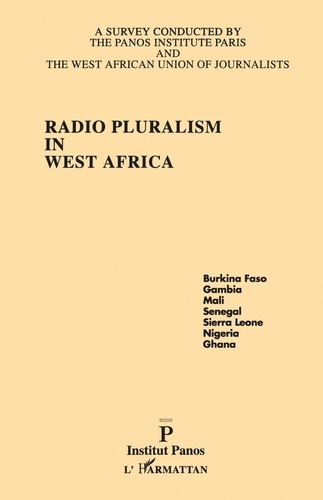
Critique littéraire
Radio pluralism in West Africa
09/1993
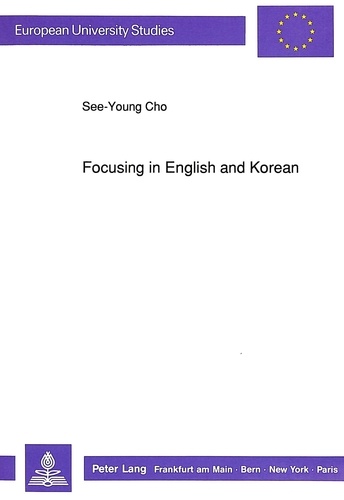
Non classé
Focusing in English and Korean
10/1991

